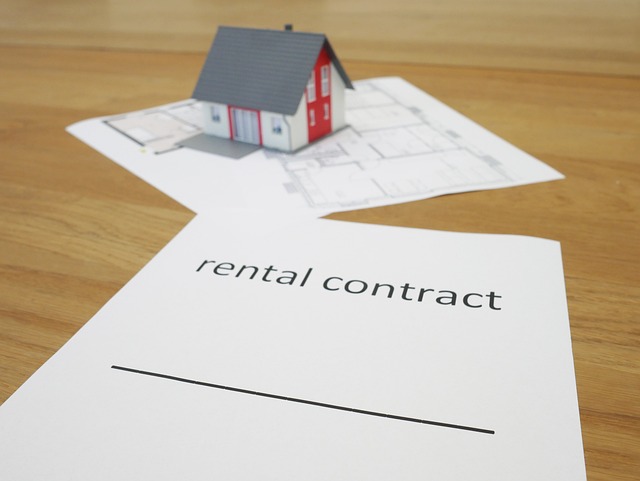Real estate ownership requires balancing responsibilities and savings. Ongoing costs like taxes, insurance, and maintenance strain finances but property equity building and rental income offer long-term benefits. Strategic moves such as prioritizing repairs, tax management, and exploring passive income can extend savings, fostering financial freedom in the dynamic real estate market. Effective management aligns daily tasks with cost-efficiency goals for both stability and optimal returns.
In the dynamic world of real estate, balancing responsibilities and savings is an art. This article guides you through the intricate dance of managing financial obligations against maximizing benefits. We explore the ‘Balancing Act’ between responsibilities and savings in real estate, providing insights on weighing costs to ensure sustainable ownership. Discover how aligning your responsibilities with strategic savings can unlock substantial advantages, offering a roadmap for savvy real estate investors.
Balancing Act: Responsibilities vs Savings in Real Estate

In the realm of real estate, the balancing act between responsibilities and savings is a delicate dance. Owning property comes with a myriad of duties—maintenance, taxes, insurance—that can significantly impact one’s financial landscape. However, it also presents an opportunity for substantial long-term savings through equity building and potential rental income.
Navigating this equilibrium requires thoughtful consideration. Prioritizing repairs and maintenance to prevent costly future issues can extend the lifespan of the investment. Additionally, exploring tax advantages and insurance options tailored to specific needs can mitigate financial burdens. Conversely, generating passive income through renting out excess space or strategically refinancing can accelerate savings goals, ultimately contributing to financial freedom in the real estate market.
Weighing Costs: A Crucial Step for Real Estate Owners

When it comes to real estate ownership, weighing responsibilities against overall savings is a crucial step. Before making any significant decisions, prospective homeowners must carefully consider the financial burden and long-term implications. One of the primary aspects to evaluate is the cost of maintaining and managing the property. Beyond the initial purchase price, factors like mortgage payments, property taxes, insurance, repairs, and regular upkeep can significantly impact a homeowner’s budget.
Regularly assessing these costs allows owners to budget effectively and plan for unexpected expenses. By prioritizing financial responsibility, they can ensure their investment remains sound. This proactive approach not only helps in maintaining the value of the real estate but also provides a solid foundation for future financial decisions. In the ever-changing landscape of real estate, understanding and managing these responsibilities are essential steps towards securing a stable and profitable ownership experience.
Maximize Benefits: Aligning Responsibilities with Savings

Maximizing benefits in real estate involves a strategic approach where responsibilities and savings go hand in hand. When considering any investment, be it purchasing a property or managing one, aligning daily tasks and duties with long-term financial goals is key. For instance, delegating certain maintenance tasks to qualified professionals can free up time, allowing you to focus on activities that offer higher returns, like marketing the property to attract top tenants or exploring ways to increase rental income.
By efficiently handling responsibilities, you can minimize expenses and maximize savings. This could mean negotiating better rates with service providers, implementing energy-efficient solutions to reduce utility costs, or strategically planning repairs and upgrades to avoid costly emergencies. Ultimately, aligning your responsibilities with a clear vision of savings maximizes the benefits of real estate ownership or management, ensuring both financial stability and optimal returns.






